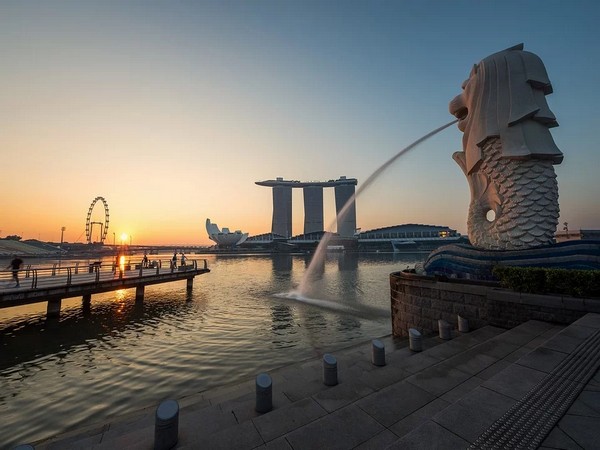

Singapore on Saturday eased travel restrictions caused due to the COVID-19 pandemic and resumed entry of travellers from Bangladesh, India, Myanmar, Nepal, Pakistan, and Sri Lanka to visit the nation.
“We had previously announced that all travellers with a 14-day travel history to Bangladesh, India, Myanmar, Nepal, Pakistan and Sri Lanka will not be allowed to enter or transit through Singapore. We have reviewed the COVID-19 situation in these countries, and all travellers with a 14-day travel history to Bangladesh, India, Myanmar, Nepal, Pakistan and Sri Lanka prior to departure to Singapore will be allowed to enter and transit through Singapore from 26 October 2021, 23:59 hours,” said the Ministry of Health (MOH) advisory.
These travellers will be subject to Category IV border measures. All travellers from Category II non-Vaccinated Travel Lane (VTL)), III and IV countries will no longer need to undergo an on-arrival Polymerase Chain Reaction (PCR) test, and will only undergo an end of Stay-Home Notice (SHN) exit PCR test, read the MOH statement.
Meanwhile, all travellers from Category III countries/regions will serve their 10-day SHN at their declared place of residence/accommodation regardless of the travellers’ and their household members’ vaccination status and travel history.
By default, they will not be allocated accommodation in any dedicated SHN facilities. Returning residents should ensure that alternative accommodation is secured prior to their return if their homes are unsuitable for their SHN. Travellers from Category IV countries/regions will still be required to serve their 10-day SHN at dedicated SHN facilities, read the statement.
Along with it, the MOH also allowed necessary workers and students to enter Singapore’s borders in a safe and calibrated manner from 1 November 2021, on the condition that they are fully vaccinated before arrival.
As part of this move, Singapore will facilitate the entry of more domestic workers, to meet the urgent domestic and caregiving needs of local households, while regulating the numbers carefully as the global situation evolves.